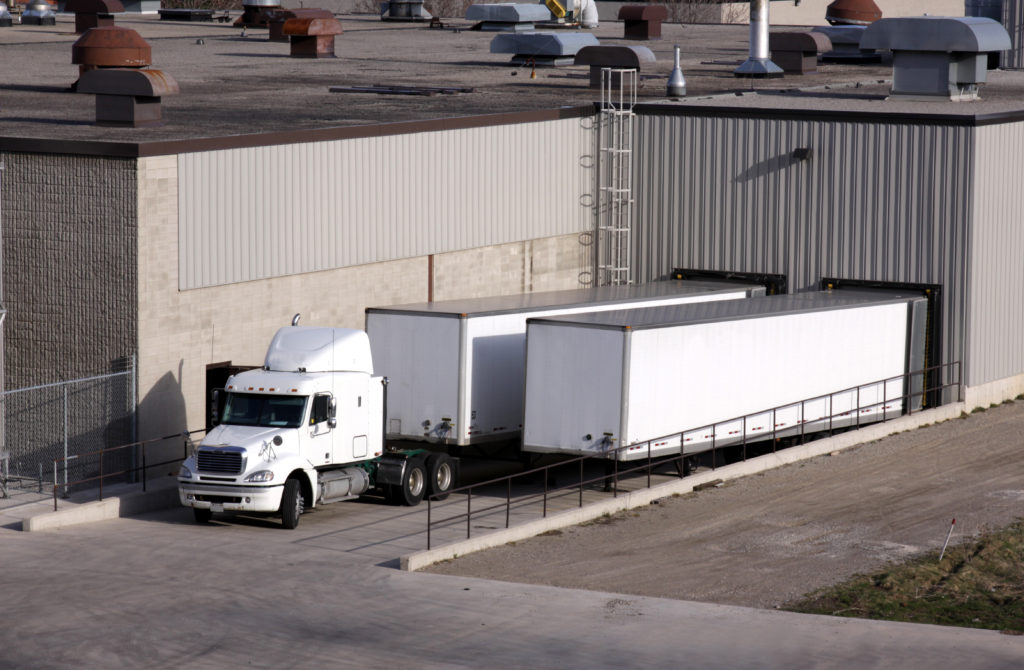
In the vast landscape of global trade and logistics, freight containers serve as the unsung heroes that keep the wheels of commerce turning. From transporting goods across continents to facilitating seamless supply chains, freight containers play a pivotal role in the movement of cargo around the world.
Freight Containers
The concept of freight or cargo containers dates back centuries, with early iterations consisting of wooden crates and barrels used to transport goods by sea and land. However, it wasn’t until the mid-20th century that the standardized shipping container revolutionized the logistics industry, paving the way for more efficient and cost-effective methods of transportation. Today, freight shipping containers come in various sizes, materials, and configurations, catering to the diverse needs of industries ranging from manufacturing and retail to agriculture and construction.
Significance of Cargo Containers
Cargo containers serve as the backbone of global trade, providing a secure and standardized means of transporting goods across vast distances and diverse terrains. Whether it’s shipping raw materials from remote mines to manufacturing plants or delivering finished products to consumers halfway around the world, cargo containers offer unmatched reliability and scalability in moving cargo of all types and sizes.
Moreover, these containers play a crucial role in optimizing supply chain efficiency and reducing transportation costs for businesses of all scales. By streamlining loading and unloading processes, minimizing handling and pilferage risks, and maximizing vessel and storage capacities, cargo containers enable companies to achieve greater economies of scale and competitiveness in the global marketplace.
Versatility and Adaptability of Freight Containers
One of the key strengths of cargo containers lies in their versatility and adaptability to different modes of transportation and cargo types. Whether transported by ship, rail, truck, or air, cargo containers can be seamlessly transferred between various modes of transport using specialized equipment such as cranes, forklifts, and gantry systems. This intermodal flexibility not only enhances efficiency and reliability but also reduces transit times and carbon emissions associated with long-haul transportation.
Cargo containers can be customized and modified to accommodate specific cargo requirements, such as temperature-sensitive goods, hazardous materials, or oversized equipment. From refrigerated containers for perishable foods to flat racks for heavy machinery, the modular design of cargo containers allows for tailored solutions to meet the unique needs of different industries and supply chain scenarios.
Sustainability and Innovation
In an era of increasing environmental awareness and sustainability concerns, cargo containers are playing an increasingly important role in driving innovation and eco-friendly practices in the logistics industry. From the adoption of lightweight materials and alternative fuels to the development of smart container technologies and blockchain-based tracking systems, industry stakeholders are actively exploring new ways to reduce carbon footprints, minimize waste, and optimize resource utilization throughout the shipping process.
